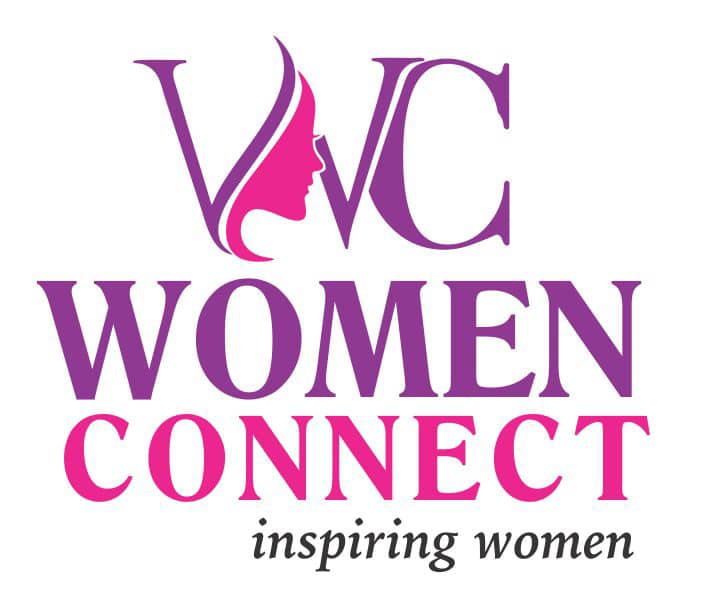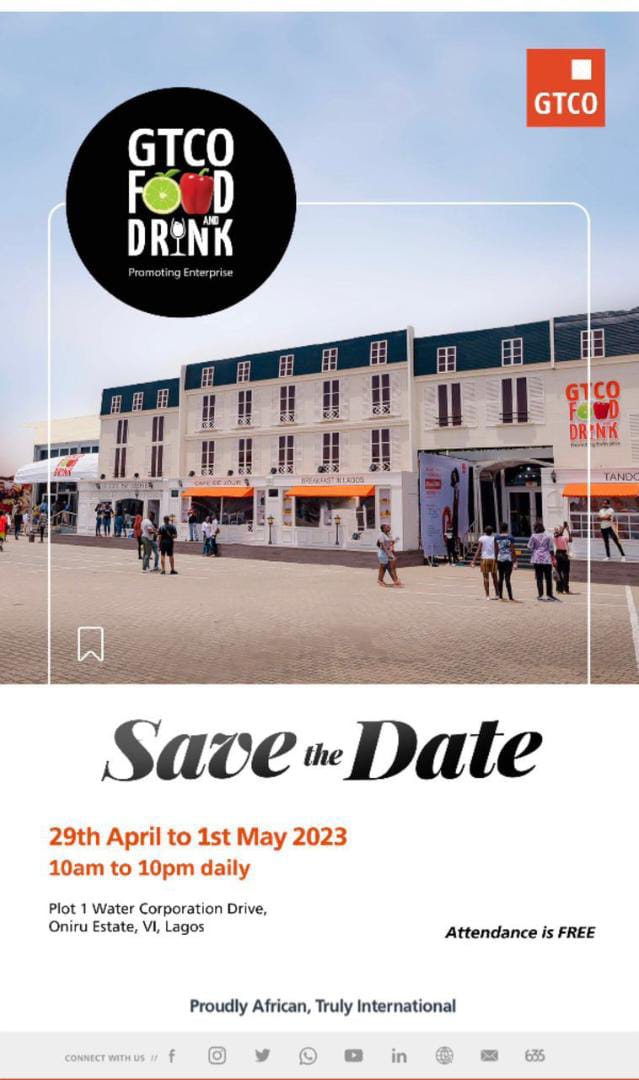Tosin Akintokun, the CEO of NMR Productions Limited, is the producer of ‘Keeping It Real Nollywood,’ a documentary series showcasing the amazing talents within the movie industry in Nigeria. This show has been running since 2017 and it is airing on Sky UK Channels. Akintokun studied Film making at Met Film School in London and What Happened at St James is her first feature film as a producer.
She is passionate about her African roots and committed to making sure her productions portray the best of Nigeria and African entertainment as a whole. In this interview with Oyinlola Sale, she talks about the process of producing her latest movie titled: ‘What Happened at St James’

The Nollywood industry is dominated by men, so how did you manage to break into it successfully as a woman?
I believe this applies to most industries internationally, Nollywood included. However, if you are passionate and dedicated to your course, be it entertainment, arts, sciences, or any other industry, you will breakthrough and succeed. For me, I do not see male, female, black or white, etc. I see opportunities and these are available to everyone regardless of your sex. In summary, I am still in the process of breaking through but my belief in God, determination, passion, and hard work have helped me so far.
The movie industry has evolved from what it used to be about 20 years ago, what did you factor in when you set up NMR Productions?
This is correct and we can see the evolution in so many areas of the entertainment industry. We are proud of our achievements within the filmmaking industry. NMR Productions was set up with the vision of producing content that triggers us to think differently. I want to show angles such as social issues affecting the youth to encourage us to consider a change in our thought process and the accepted ‘norm’.
You recently produced a movie, called “What happened at St James,” what is unique about this movie?
The story is unique and different from the normal Nollywood movies out there. It is a story that centres on three boys connected by a secret which later on becomes exposed. It’s a story that highlights challenges we all face as individuals when we are consumed by secrets of our past. It is a movie which recognises and celebrates sacrifices made by people for you and me. It could be a parent or a teacher or housemaster. Whoever that person is, we recognize their sacrifices and the way they forgave our flaws.
The premiere of the movie is mainly sponsored by Tribatat Real Estate. It is going to be held at Genesis Cinemas in Maryland Ikeja Lagos on the 14th November 2021 at 7pm.
The movie industry is capital intensive, how have you managed to finance your movie productions over the years?
The movie industry is constrained by a lack of financial support. As a filmmaker, you have to source funds for a film project. The quality of productions is improving in Nigeria as such, we now have interest from platforms such as Netflix, HBO, Amazon, and the likes. It is still a rat race and survival of the fittest to have your film on any of these platforms and the quality of your production must be up to standard.
What Happened at St James is my first major project and this was financed by myself. God has been faithful indeed! However, we now have sponsors for our premiere which is happening on November 14, 2021, at Genesis Cinema Maryland. This is because the quality of the production is very good and it is hoped that future projects by NMR Productions will attract potential investors.
Do you think being a UK-based Movie Producer gives you an edge in Nollywood, because of your international exposure?
I started my journey as a producer with a TV series called Keeping it Real Nollywood and this is currently showing on UK Sky Channel 7. This is a documentary series that showcases the amazing talents within the Nollywood industry. This has been a success in the UK. Once I decided on embarking on my first movie project, I decided to study filmmaking and understand the principles. I attended Met Film School and studied film making which was quite intensive! This gave me a good platform to build on. I believe having the relevant education and exposure gives an edge in terms of ensuring you churn out production of international standards. There is an added pressure not to be ‘ordinary’ but ‘extraordinary’.
Nollywood is the second-largest employer in Nigeria, do you think it’s a potential gold mine to boost the GDP of Nigeria?
Definitely! However, more support is needed from the government to assist filmmakers in terms of funding. At the moment, filmmakers are churning out very good productions and this is contributing to the GDP. However, what is the government giving back to us? This is the question that needs to be answered.
What are some of the challenges you face in the Nollywood industry?
Funding is the first and foremost issue within the Nollywood industry. There are a lot of challenges faced by filmmakers and obtaining funding support for movie projects continues to be an issue. The qualities of the productions are getting better but we also need to be able to break through into more international platforms aside from Netflix. An increase in potential investors and more interest from international platforms will generate an increased effort by filmmakers to ensure the qualities of productions they are churning out are of good standards.
The industry is churning out a lot of movie directors and producers like you regularly, what is your view about this growth?
I believe this has its advantages and disadvantages. Art is a form of expression and it is also used as a voice to speak out on so many issues. Anyone with a smartphone these days can record a short movie. Are the producers and directors? It’s a debatable matter. The Nollywood industry has created jobs and opportunities for people to present their visions and tell their own African stories their way. In terms of disadvantages, it boils down again to checks and balances. How do we ensure it’s all about quality and not quantity.
What efforts must be made to develop the sector in Nigeria from both the Government and Practitioners’ point of view?
The government must actively regulate the industry, particularly in the case of copyright enforcement. Even though laws are in place, enforcement mechanisms are inadequate. There is also a need for the government and local film producers to continue combating piracy and legitimising the country’s entertainment industry.
So what should we expect from NMR Film Productions in the next five years?
We hope to make two or three films over the next five years. We don’t just want to make movies; we want to make only high-quality films. It is also critical that they address social issues that affect everyday Nigerians.










